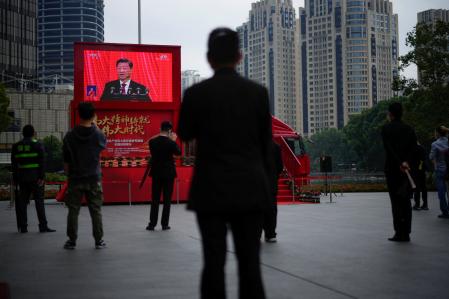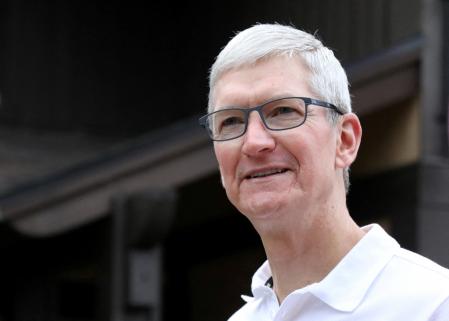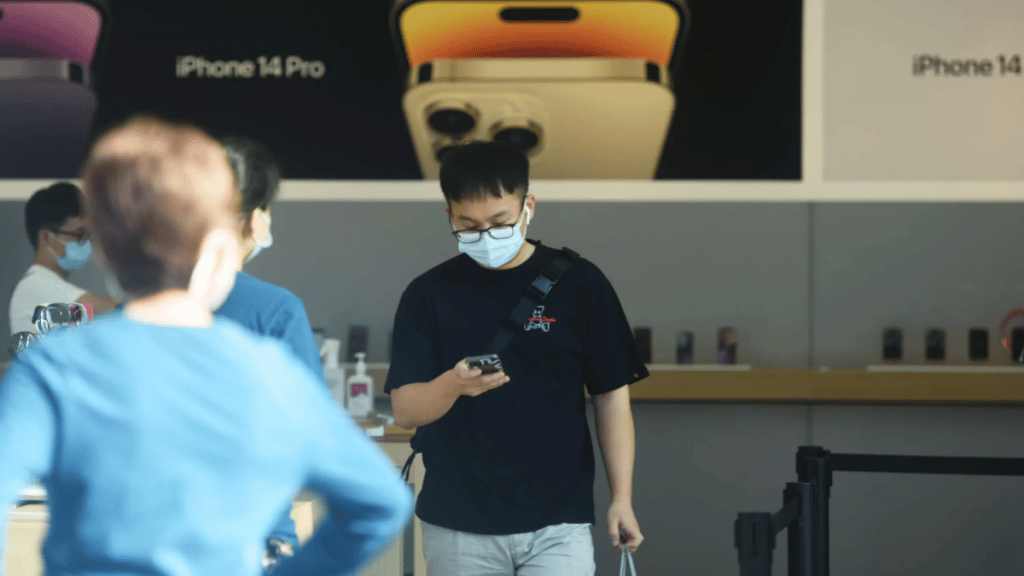The censorship apparatus of the Chinese Government is working flat out to prevent anyone from criticizing President Xi Jinping and the restrictions against covid-19. Chinese authorities are enlisting the help of Apple, which has limited file sharing using AirDrop, one of the most popular features of iPhones.
The American company has released an update for this tool with which Chinese users can only receive files via AirDrop from strangers as long as the exchange takes place within a maximum period of 10 minutes. Before the iOS 16.1.1 update, AirDrop did not limit the time to use.

Exchanging information with strangers in China is more complicated with the iOS 16.1.1 update
Getty Images Also read La Vanguardia

According to Bloomberg, once this time has elapsed, the system returns to the mode in which files can only be received from the contacts added to the agenda. With this unexpected measure, which according to the company “includes bug fixes and security updates”, it is practically impossible for anyone to receive files from strangers, since it is necessary for users to activate this mode manually.
The update affects all iPhones that have been purchased in China. In other words, a European tourist will be able to use AirDrop without any problem if he has not bought the phone in China -something that is not very likely-. On the other hand, Chinese people who have an iPhone and travel to other countries will continue to have this restriction.
The origin: the protest against Jinping,

The censors do not want there to be any criticism of the Chinese government
ALY SONG / Reuters
The change in Apple’s policy comes after protesters used AirDrop to spread leaflets critical of the Chinese Communist Party, something that is not very common.
The Chinese censor apparatus, however, has been in charge of cleaning up any trace of rebellion against the Government. All videos and posts referring to the anti-CFP protest that took place last month have disappeared. In parallel, some WeChat accounts that have spoken about the issue have also been blocked.
World authorities are watching pessimistically as China is becoming increasingly secretive and repressive under Xi Jinping, now in his third term. And Apple, in a way, has become a necessary cooperator to make the tentacles of censorship stronger.
Also read Vanguard

However, Apple wants to keep a low profile. The company has assured AFP that this update has nothing to do with demonstrations or censorship. In this sense, Apple has clarified that the update was designed to limit the sharing of unwanted files and that it will soon be rolled out globally.
China and Apple, a complicated relationship

Some Apple services are not available in China
BRENDAN MCDERMID / Reuters
This is not the first time that Apple has tried to promote censorship in China. Tim Cook’s company has already received numerous criticisms for having hidden the Taiwanese flag emoji for users in Hong Kong or Macau in 2019. In parallel, it also removed VPNs from its app store in China by government order. And, as if that were not enough, services as popular as Apple TV +, iTunes Store or Apple Arcade cannot be used on Chinese soil.
But it is that the Chinese government has also come to see Apple as a possible enemy. It was in 2019 when the press close to Xi Jinping criticized the Cupertino company for having authorized an application in Hong Kong that allowed police officers to be tracked on a map just at a very turbulent time with numerous protests in favor of democracy.


